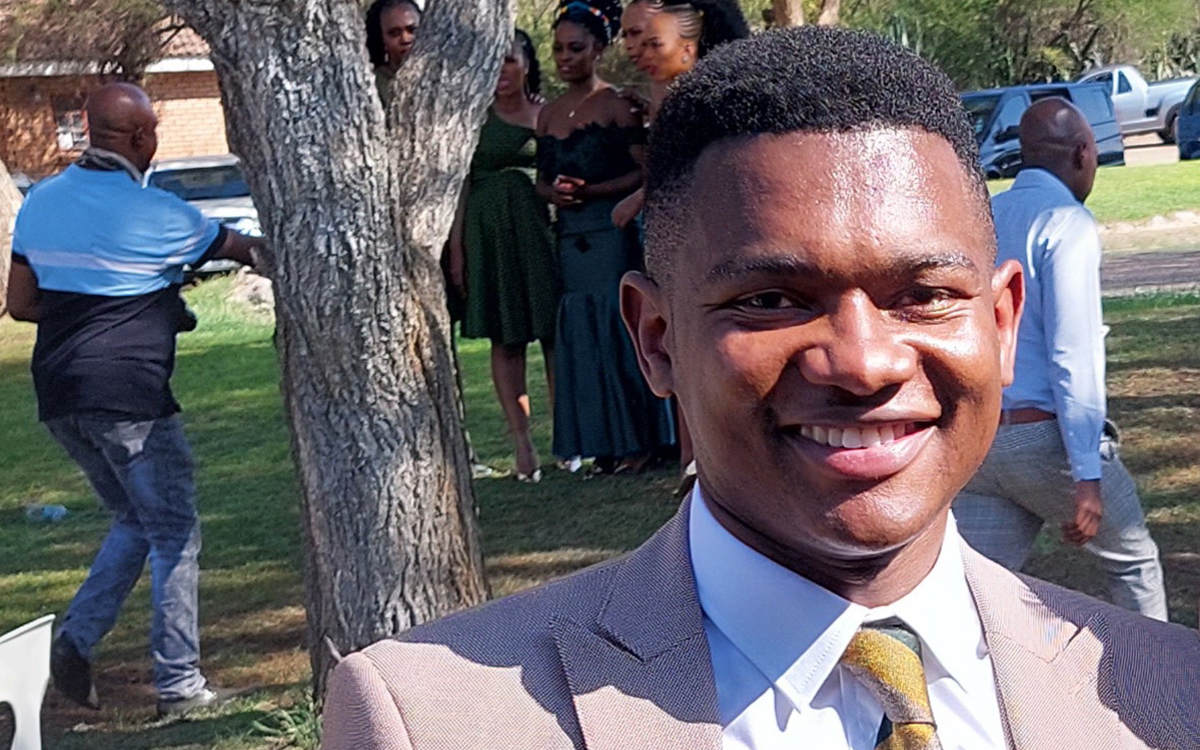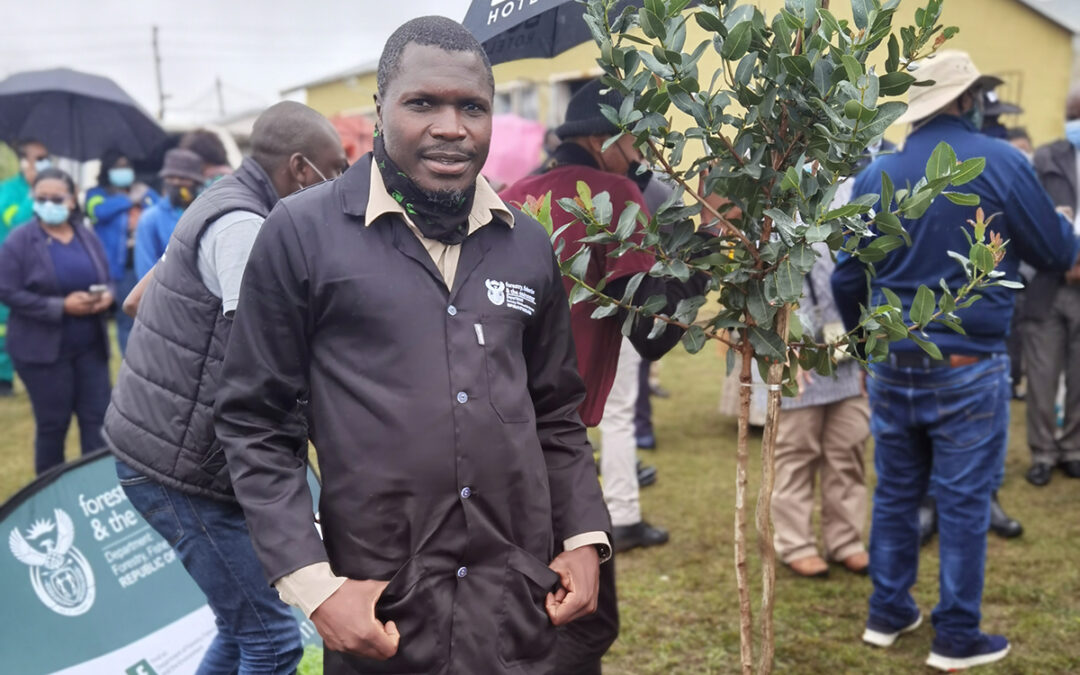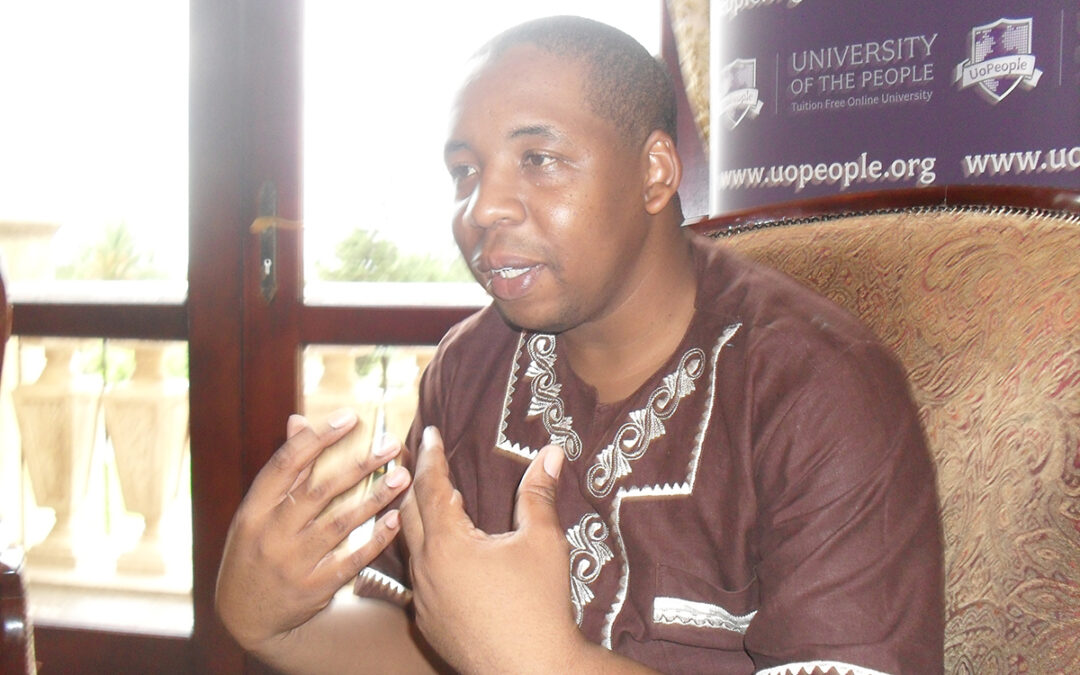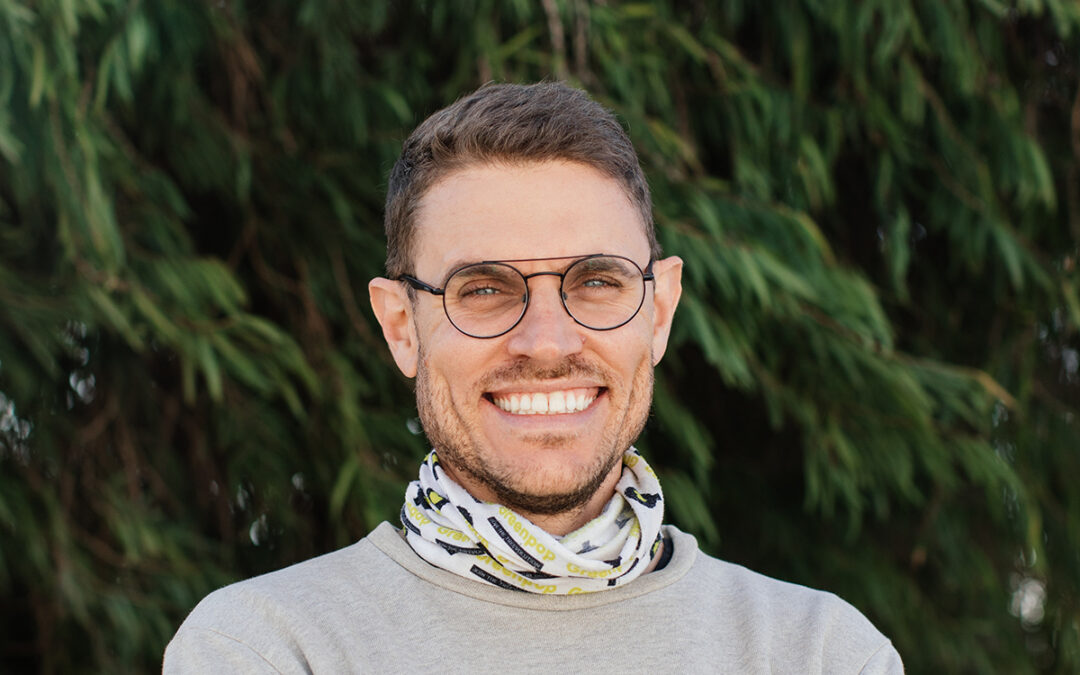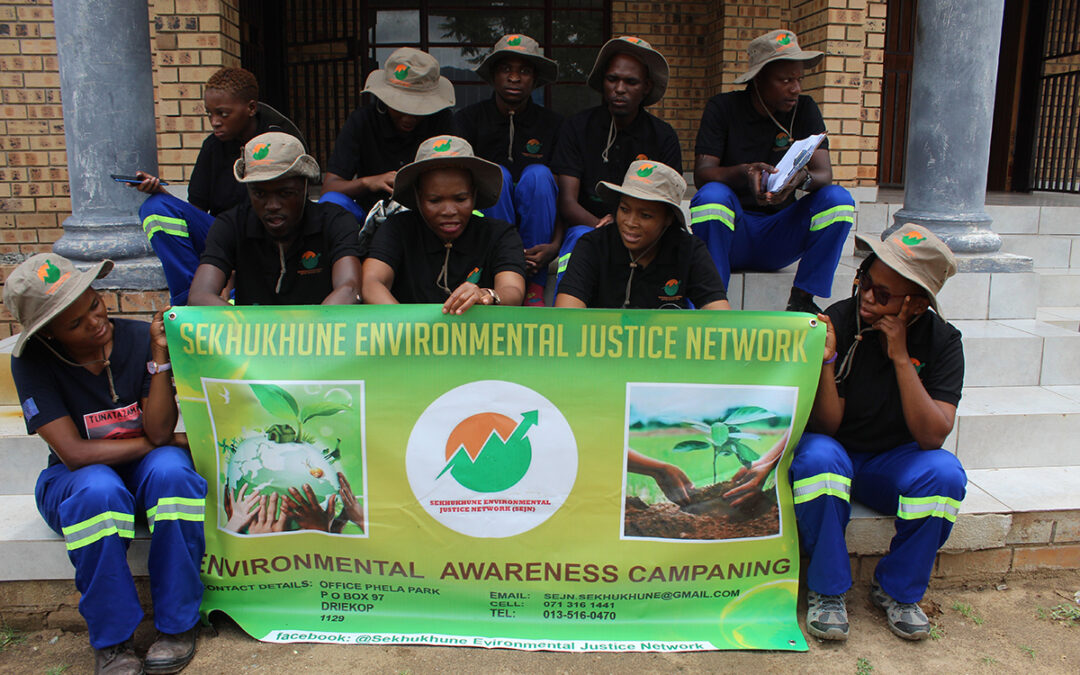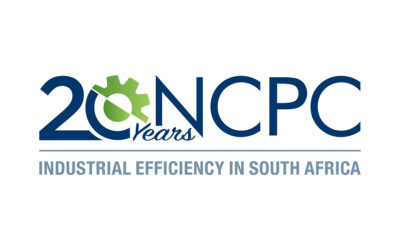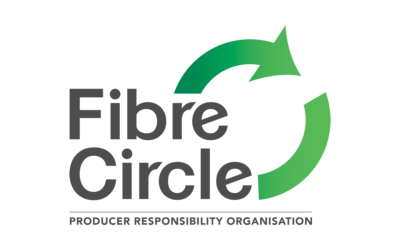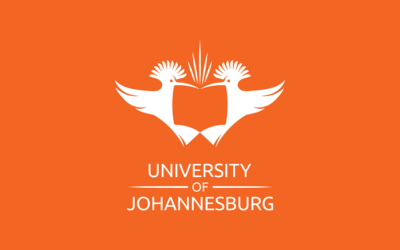Save Our Limpopo Valley Environment (SOLVE) is an
organisation that advocates for the conservation and sustainable development in the Vhembe region.
SOLVE is fighting the authorisation of the Musina-Makhado Special Economic Zone in the ecologically sensitive and unique biome of the Limpopo Valley. David Tshidzumba, the youth brigade chairperson and co-ordinator of SOLVE, says: “Our work is to protect the communities in the region, because this project will hurt communities here that are already struggling as it is.”
Tshidzumba was mentored by SOLVE’s late co-founder, Walter Schultz, whom he formed a great connection with. “He was a man of many words, but he backed that up with even more action! That’s part of my motto and something that Wally lived by: ‘Don’t tell me, show me’.”
SOLVE’s projects focus on environmental conservation and community engagement. Tshidzumba elaborates: “We are focused on making sure that we protect Limpopo from any activity that will have adverse effects on its people and natural landscape. A strong environmental network can only be positive for the region.”
In 2011, SOLVE successfully opposed the Mudimeli coal mine that was being proposed by MC Mining Ltd, formerly Coal of Africa Ltd, by submitting objections at public participation meetings, organising a protest in Polokwane and writing articles to drive its share price down.
The organisation’s projects also include actively visiting schools and giving talks about the climate change crisis. “We believe more of it needs to be in the curriculum. We also attend public participation meetings on any proposed project in the area to actively engage, and we host workshops in the Louis Trichardt area to educate people about the importance of our precious environment,” says Tshidzumba.
“I strive for a future where sustainability is no longer something that is just discussed, and remains just that.”
